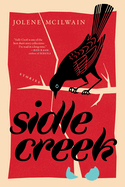 Current audio sales are estimated at $5 billion worldwide, and predictions are that they will grow about 14% a year and reach $9 billion by 2026, according to Videl Bar-Kar of Bookwire, who moderated the panel Global Audio Publishing Opportunities last Wednesday at the London Book Fair.
Current audio sales are estimated at $5 billion worldwide, and predictions are that they will grow about 14% a year and reach $9 billion by 2026, according to Videl Bar-Kar of Bookwire, who moderated the panel Global Audio Publishing Opportunities last Wednesday at the London Book Fair.
Michelle Cobb of the Audio Publishers Association added more milestones for audio's phenomenal growth, noting that in the U.S., audio has had 10 years of double-digit growth and that in 2011, 7,000 audio titles were produced, while in 2021, 74,000 audio titles were produced. There are many more opportunities for audio: a recent survey showed less than half of Americans have ever listened to an audiobook. Bar-Kar noted another sign of audio's potential: only 8%-10% of e-books are available in audio.
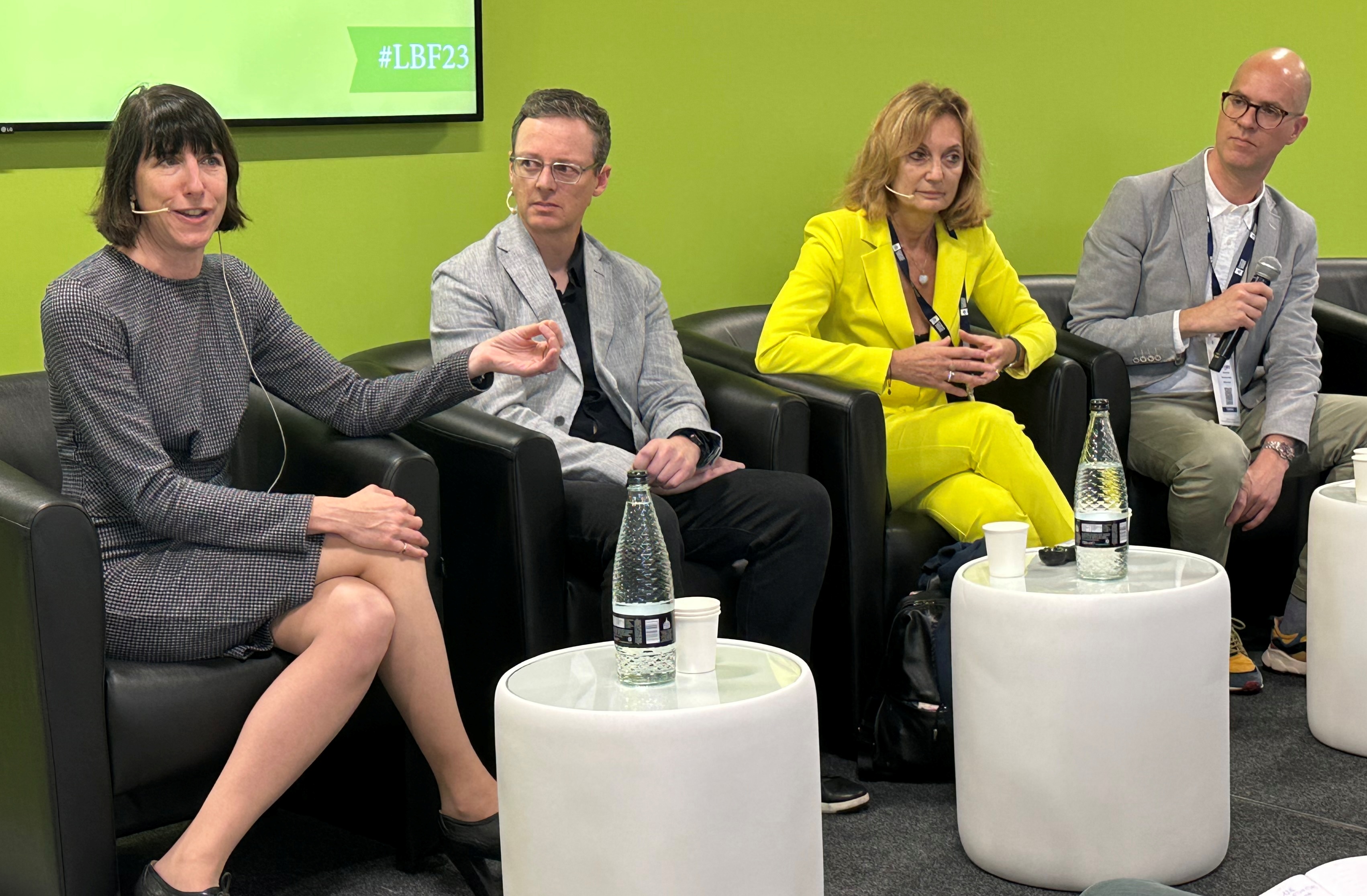 |
| (From l.) Michelle Cobb, David Kaefer, Chantal Restivo-Alessi, and Videl Bar-Kar |
Cobb added that more and more titles are being produced in more categories and that multi-voice drama is attracting more listeners. And an increasing amount of audio titles are not based on traditional books, but are originals or poetry, for example.
Another positive trend is that more people are listening to audio while not doing other things such as while driving or doing the laundry. "They're just listening to relax and get away from screens," she said.
Saying that her company has "always believed in audio" and that "there are huge opportunities," Chantal Restivo-Alessi of HarperCollins suggested that publishers offer a book "in any format," including print, digital, and audio, with simultaneous publication. "Consumers don't care necessarily about format." Instead, they "want the title."
She acknowledged that simultaneous publication can be a problem when translations are involved. She noted, too, that during the pandemic, audio borrowing grew in libraries, and "parents discovered audiobooks for children."
Restivo-Alessi said some retailers were especially good at bringing an author's backlist to the attention of consumers, adding that HarperCollins has 200 years of backlist to mine--"the job is never finished."
As at many panels during the fair, the strengths and limitations of AI were discussed. Restivo-Alessi said that there are "great opportunities" in AI-generated narrations that start with "respecting the wishes" of authors and their estates. Sometimes, she noted, especially with translations, it's "easier to put out a product in text-to-speech," and she observed that some self-published authors are using AI narrations.
AI has been very helpful in streamlining work flow, Restivo-Alessi added. "It's exciting how much more productive it can be."
Cobb said that while AI will be part of the business and "technology cannot be stopped, we will never lose that amazing connection we have when you listen to an audiobook performed by a human narrator. That emotionality is something that I can't imagine a machine bringing to me." Thus, Cobb believes that "a portion of the market" will be done by AI, but "we'll still have amazing multi-voice audio dramas and single voice productions that can't be created in the technology space." She added that AI is great in post-production.
David Kaefer of Spotify recounted that the company has expanded from offering just music to podcasts and then audio in an effort to be a "listening-first platform."
Kaefer stressed the importance of matching new audio users with the right first title. "It's not easy out of the gate," he said. But Spotify's podcasting experience "gives us a good start." The company is emphasizing the importance of making discovery as easy and efficient as possible for consumers--and making sure that "what they find is fantastic." --John Mutter
 In June, Kinokuniya is opening a store in Johns Creek, Ga., an Atlanta suburb, that will be its second-largest in the U.S., following the New York City store. The 11,200-square-feet location will be the company's "flagship for the southeastern U.S.A.," Kinokuniya said, serving as "a foothold for business expansion" in the region, which has seen "remarkable population and economic growth in recent years."
In June, Kinokuniya is opening a store in Johns Creek, Ga., an Atlanta suburb, that will be its second-largest in the U.S., following the New York City store. The 11,200-square-feet location will be the company's "flagship for the southeastern U.S.A.," Kinokuniya said, serving as "a foothold for business expansion" in the region, which has seen "remarkable population and economic growth in recent years."




IPC.0204.S3.INDIEPRESSMONTHCONTEST.gif)





 Current audio sales are estimated at $5 billion worldwide, and predictions are that they will grow about 14% a year and reach $9 billion by 2026, according to Videl Bar-Kar of Bookwire, who moderated the panel Global Audio Publishing Opportunities last Wednesday at the London Book Fair.
Current audio sales are estimated at $5 billion worldwide, and predictions are that they will grow about 14% a year and reach $9 billion by 2026, according to Videl Bar-Kar of Bookwire, who moderated the panel Global Audio Publishing Opportunities last Wednesday at the London Book Fair.

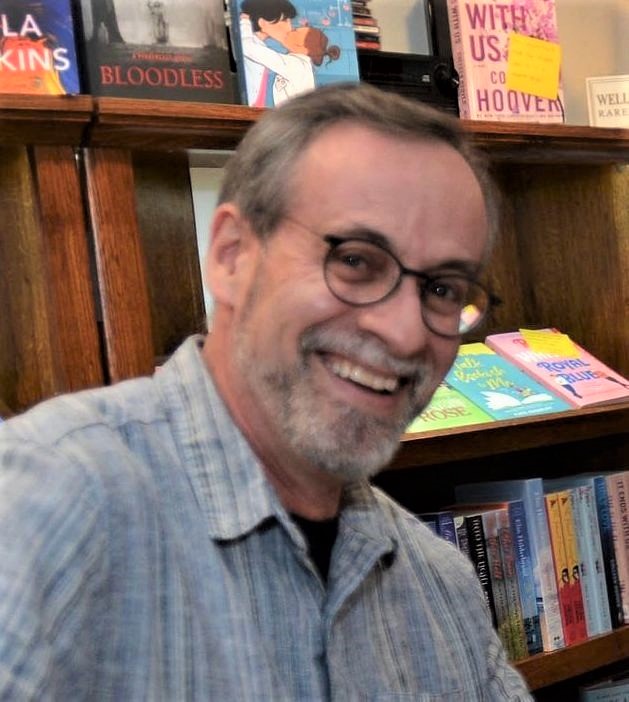
IPC.0211.T4.INDIEPRESSMONTH.gif)
 Showcasing "
Showcasing "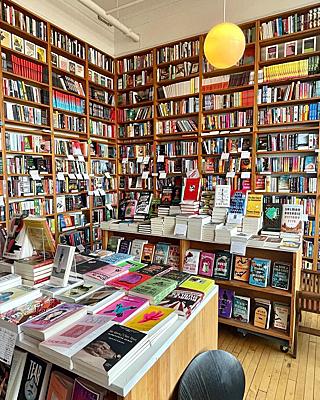 "
" Restoring Prairie, Woods, and Pond
Restoring Prairie, Woods, and Pond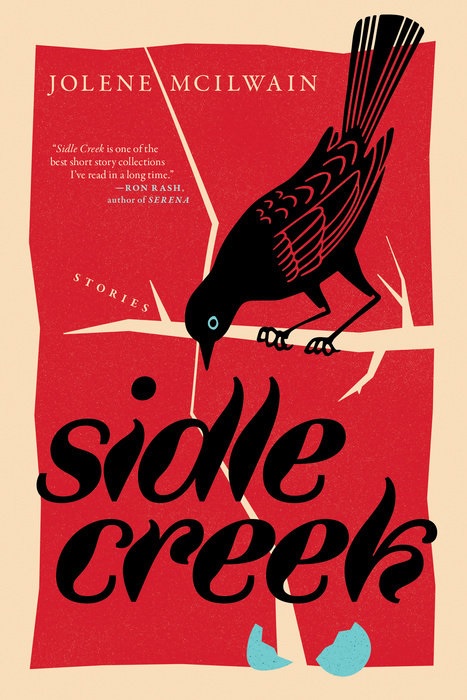 Jolene McIlwain's riveting debut collection, Sidle Creek, is a showcase of vivid, empathetic stories that defy the stereotypes about her home in rural Western Pennsylvania. There are hard times in these pages to be sure, but McIlwain's characters defy any single narrative; they are waitstaff, restaurateurs, farmers, miners, professors, parents, children, people who can't wait to leave, and people who've come to the area to retire. Through themes of class, nature, community, and justice, McIlwain shines light on the darker aspects of the human experience, and the ways in which people help each other and persevere.
Jolene McIlwain's riveting debut collection, Sidle Creek, is a showcase of vivid, empathetic stories that defy the stereotypes about her home in rural Western Pennsylvania. There are hard times in these pages to be sure, but McIlwain's characters defy any single narrative; they are waitstaff, restaurateurs, farmers, miners, professors, parents, children, people who can't wait to leave, and people who've come to the area to retire. Through themes of class, nature, community, and justice, McIlwain shines light on the darker aspects of the human experience, and the ways in which people help each other and persevere.